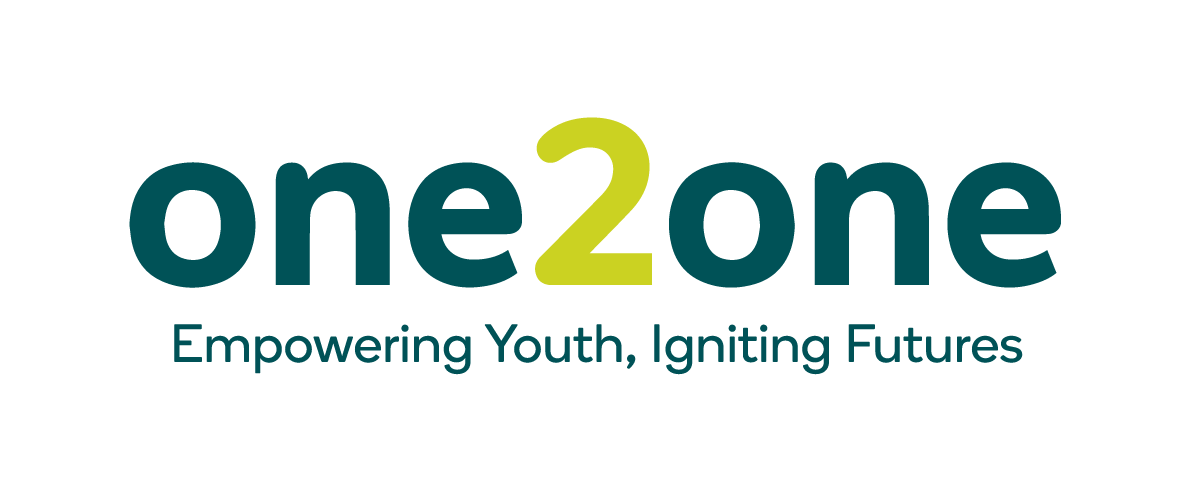Building Strong Foundations: Why Developmental Assets Matter in Mentoring
At one2one Cayman, we believe that every young person has the potential to thrive when they are surrounded by the right support, opportunities, and relationships. That’s why we are grounded in research and best practices that guide our work, including the Search Institute’s Developmental Assets Framework.
But what exactly are Developmental Assets, and why do they matter in mentoring?
What Are Developmental Assets?
Developed by the Search Institute, the Developmental Assets Framework identifies 40 positive supports, values, experiences, and qualities that help young people grow up healthy, caring, and responsible. These assets are divided into two categories:
External Assets: Relationships and opportunities that young people need (such as support, empowerment, boundaries & expectations, and constructive use of time).
Internal Assets: The personal qualities and strengths that guide positive choices and a sense of purpose (including commitment to learning, positive identity, social competencies, and positive values).
Why Are They Important?
The more assets a young person has, the more likely they are to:
Succeed in school
Avoid risky behaviours
Maintain good mental health
Build positive relationships
Feel confident and hopeful about their future
Unfortunately, many young people, especially those facing systemic or personal challenges, experience a gap in these assets. This is where mentoring becomes a powerful tool.
Mentoring as a Bridge to Assets
A caring mentor can help build or reinforce multiple developmental assets. Here’s how:
Support & Empowerment: Just showing up consistently gives a young person the sense that they are valued and cared for.
Boundaries & Expectations: Mentors help model responsible behaviour and encourage accountability.
Commitment to Learning: Encouraging education, curiosity, and goal setting nurtures a mindset of growth.
Positive Identity: A mentor’s belief in a mentee helps shape self-worth, confidence, and purpose.
By being intentional about building assets, mentors do more than just “be there”, they help youth develop the tools to make positive life choices and become resilient, empowered individuals.
Our Role at one2one Cayman
We incorporate the Developmental Assets Framework into our training, matching, and ongoing mentor support. It’s part of how we ensure that our mentors are not just companions, but champions of growth, equipped to make a lasting impact. We are excited to announce the formation of Empowerment Plans based on our Mentees’ Developmental Asset scores that provide Mentors with a reference for growth and how they can help their Mentee build these.
What You Can Do
If you're a mentor, ask yourself:
Which assets am I helping my mentee build?
Are there new ways I can encourage their strengths?
How can I collaborate with their family, school, or community to create a stronger support system?
Together, by building developmental assets, we’re not just changing individual lives—we’re strengthening the fabric of our entire community.
Looking Forward
Be on the look out for an informational zoom session with Dr. Sylvia Wilks on the Developmental Assets and how we can make all the difference to the future of a Mentee!
